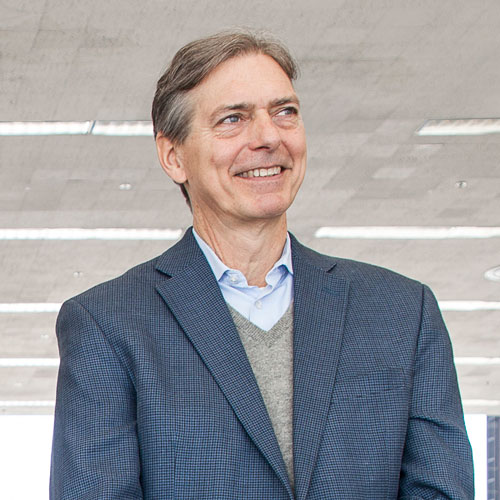“Kellogg Company’s founder, W. K. Kellogg, was a deep believer in sustainability, even 109 years ago. He rewarded farmers for growing the best ears of corn and ensured packaging was made from recycled content. Within the past decade, we’ve ramped up our efforts to conserve natural resources by reducing energy and water use, greenhouse gas emissions, and waste sent to landfills. And, in 2014, we announced new and expanded commitments that now include responsible sourcing of ingredients and materials.
To help achieve our goals, we follow global guidelines such as LEED as we build new facilities. Although we may not always pursue certification, we want all buildings to meet the standards. For example, when we built a new plant in Mexicali [in Mexico] a few years ago, we made it a zero-effluence plant, water in that part of Mexico being such an important resource. And, our new plant in Poland has been a zero-waste-to-landfill site from the beginning.
One challenge we face is that energy and water tend to be relatively inexpensive in many countries where we operate. As a result, the return on investment for many conservation projects can be difficult to justify on a cost basis. We’ve worked to find creative ways to overcome that using some interesting alternative energies.
Last year we implemented fuel-cell technology at our San Jose, California, Eggo waffle plant. Now it has a consistent, lower-cost energy supply that powers half the plant.
In our two manufacturing plants in India, we use biomass boilers with a local source of biomass material, including rice husks. That’s enabled us to fully convert both plants to green energy. And, all ash that comes off the boilers is used to make bricks, so it’s a real closed-loop green system.
We also have a big opportunity to engage our employees. There are so many ways people can have a direct impact: increasing recycling, turning off water, fixing steam leaks. Our global employee-engagement forum is called GoGreen, through which we show people that their small steps can make a big difference.
As a global food company with iconic brands, we know our consumers care about protecting the environment and supporting the livelihoods of farmers and the communities in which we grow and make our foods around the world. Much of what we’re doing today surrounds the journey of our food—the special places our ingredients are grown and the special people who nurture them in the fields. That’s why environmentally and socially sustainable practices are such a crucial part of ensuring our brands remain relevant with consumers.”
As told to Julie Schaeffer


